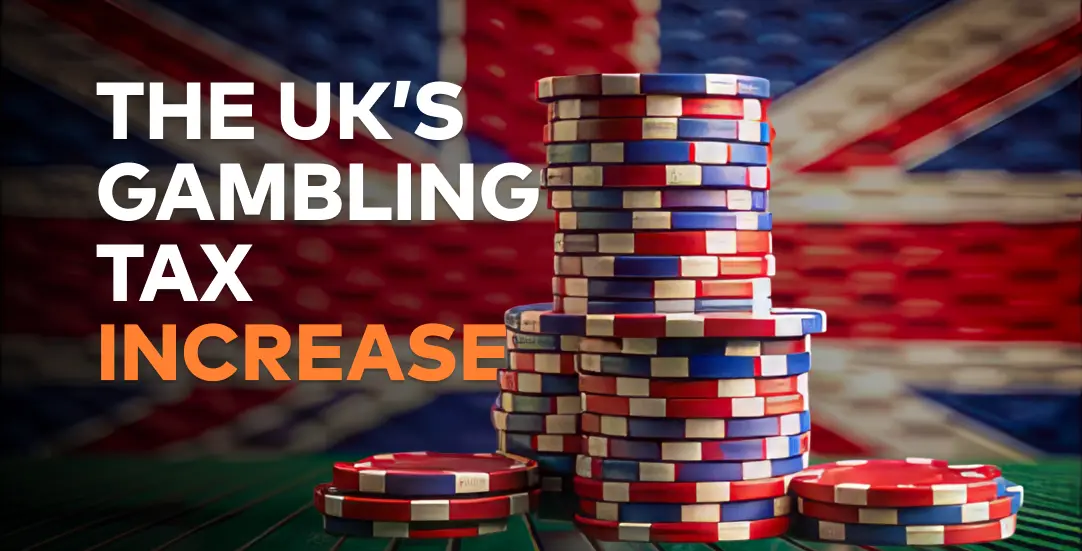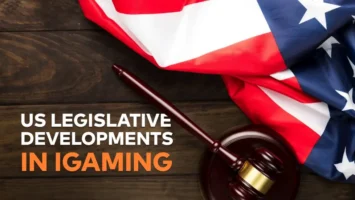UK gambling tax increase debate highlights levy and sector issues

The conversation surrounding UK Gambling Tax and Levy Issues is at a critical juncture, capturing the attention of industry analysts, policymakers, charities, and operators alike. With calls for higher gambling taxes from within the Labour Party and ongoing disarray in the statutory levy’s implementation, the road ahead for the UK’s gambling industry is shaped by competing pressures involving public welfare, fiscal needs, and regulatory stability.
The political momentum driving higher gambling taxes
This autumn, more than 100 Labour MPs made their position clear: the Remote Gambling Duty should be dramatically increased, partially to address issues like child poverty. Spearheaded by Alex Ballinger and Beccy Cooper of the All Party Parliamentary Group for Gambling Reform, the proposal seeks to raise the rate on gross gambling yield from 21% to 50%. The targeted use of these funds has become entwined with social objectives, including proposals to abolish the two-child benefit cap, as recommended by the Institute for Public Policy Research (IPPR).
Former Prime Minister Gordon Brown and influential think tanks such as the Social Market Foundation have echoed these suggestions. The stated ambition is clear: seek substantial revenue by increasing remote gambling tax, machine game duty, and general betting duty, potentially raising an extra £3.2 billion in 2026-27. According to proponents, this sum could lift 500,000 children out of poverty, supporting the narrative that gambling operators should fund social good in return for their market privileges.
Chancellor’s stance and legislative signals
The current government has signaled its intention to revisit gambling tax in the upcoming budget. Chancellor Rachel Reeves commented publicly that the government will “make sure” operators pay their “fair share” of tax. Though she stopped short of outlining specifics, the implication is inescapable: further tax rises are very much on the table to help bolster public finances and fund wider government priorities.
While recognising the gambling sector’s economic contribution, Reeves’ remarks reflect sustained political and media scrutiny over industry profits versus societal harms. However, several Labour MPs cautioned against lumping all forms of remote gambling under a single tax band, highlighting the importance of tailored fiscal levers that account for risk levels and support the government’s public health goals.
Industry response and concerns about unintended consequences
The reaction from the licensed gambling industry, represented by groups like the Betting and Gaming Council, has been vociferous. According to the BGC, sudden, substantial tax increases risk undermining the regulated market, harming jobs and investment, and, crucially, pushing consumers to black market operators.
This is not just theory. The Netherlands recently increased their online gambling GGR tax from 30.5% to 34.2%, anticipating a significant windfall. Instead, reported figures from Dutch regulator Kansspelautoriteit (KSA) revealed iGaming tax revenue is expected to drop by €40 million, contradicting forecasts and highlighting the risk of revenue erosion when rates become too punitive.
Moreover, the UK’s own tax and levy framework is already shifting. With the statutory levy introduced from April 2025, operators are managing both higher cost burdens and tighter compliance expectations. The Gambling Commission stands ready to revoke licences for non-payment, leaving little wiggle room for those who struggle with new financial demands.
Levy funding crisis puts third sector at risk
While the tax debate captures headlines, the practical challenges emerging from levy reform are causing acute distress within the UK’s gambling harms sector. Several frontline charities, clinics, and specialist groups have found themselves struggling to stay afloat, despite the statutory levy having already been collected from operators. Alarming reports highlight that organisations are making redundancies, dipping into dwindling reserves, or in the worst case, closing down services altogether.
The core of the problem is a gap between the collection of new statutory levy funds and their actual distribution to treatment providers. NHS England and the Office for Health Improvement and Disparities have briefed that payments could be delayed until at least the new year, despite urgent need. Many charities claim the government’s transitional support, like the £32.8m System Stabilisation Fund given to GambleAware, has been insufficient or distributed non-transparently, intensifying frustration and hardship across the sector.
Cultural, operational and political dilemmas
This financial uncertainty is compounded by a “Catch-22” dilemma for many harm prevention organisations. Those seeking to access industry funding risk future ineligibility under a state-led model that views any recent industry ties as compromising. Yet, refusing such funds can lead to insolvency before the statutory system fully launches in 2026. Some leaders describe an increasingly adversarial stance from public health authorities towards any part of the third sector with industry links, regardless of lived experience or track record.
In addition, the shift from a quasi-voluntary donation model to a statutory tax regime has centralized power over funding in government hands. According to Dan Waugh of Regulus Partners, this transformation is as much about money and control as it is about prevention and treatment. The result is fierce competition and uncertainty as various players vie for a share of finite resources.
Black market fears and regulatory lessons from abroad
Opponents of dramatic tax hikes repeatedly cite the dangers of strengthening the black market. The UK’s relatively low remote gambling duty has been a cornerstone of its model, supporting a large, well-regulated online sector. Critics worry that raising taxes to European or US levels, where 50% GGR rates are not unheard of, could erode consumer protection by making unlicensed channels more attractive to price-sensitive players.
The Dutch example serves as a cautionary tale: rising taxes in tandem with new restrictions like ad bans and deposit limits have reportedly driven revenues down, despite government predictions. Industry trade bodies and some UK MPs warn against replicating this combination of fiscal policy and regulatory tightening, lest the UK face a similar decline in both tax take and market oversight.
The path ahead for UK iGaming – unresolved questions and risks
The debate over gambling tax and levy funding in the UK is emblematic of deeper tensions. As the government seeks new revenue streams and aims to show social responsibility, it must navigate the risks of excessive fiscal tightening that could inadvertently shrink the regulated market or destabilise the support system for those harmed by gambling.
Meanwhile, levy reform continues to expose operational and ideological rifts within the third sector, with many frontline providers feeling marginalised or left in limbo by the transition. For policymakers, the lesson from both domestic strife and international miscues is clear: thoughtful, measured changes are essential to maintain market integrity and fund the social safety net.
As we await the autumn budget and details on the next phase of statutory levy distribution, all eyes are on the delicate balance between raising necessary funds, enabling effective support for gambling harms, and safeguarding the position of the regulated industry against economic and social headwinds.





















